Dhaka, August 6 (V7N) – While online ride‑sharing platforms continue to expand nationwide, many drivers and passengers still rely on “offline rides” — journeys arranged without using any app or digital system. Experts now warn that this unregulated practice exposes both riders and drivers to significant safety, security, and legal risks.
Following the surge in popularity of bike ride-sharing apps in Bangladesh, some drivers have opted for offline rides seeking higher earnings. Due to convenience, many passengers also choose them. However, recent incidents show that users frequently encounter serious issues with unfamiliar drivers.
Investigations into recent offline ride cases reveal the absence of any tracking system enables drivers to misdirect or rob passengers easily. Many of these drivers operate without licenses, making them difficult to identify later. In several cases, perpetrators have even rented bikes outside Dhaka to carry out offline rides for criminal purposes. Others, unfamiliar with routes, take passengers to remote locations and commit illegal acts.
On June 4, a woman working at a beauty parlor accepted an offline motorcycle ride and became a victim of sexual assault. She lost consciousness shortly after boarding and regained awareness around 9 p.m. on a highway outside Dhaka. The police rescued her after she managed to call the national emergency line 999.
In another incident in Uttara West, a schoolteacher named Tarjuana was stopped by two helmeted motorcyclists who threatened her with weapons and snatched her phone, gold chain, and cash in just 34 seconds. The shocking event went viral on social media and prompted a shadow investigation by the Dhaka Metropolitan Police.
Yet another case occurred in Sector 10 of Puroachal, where a passenger took an offline ride and then attempted to mug the driver, smearing chili powder in his eyes. The driver’s cries drew a crowd, and locals detained the suspect shortly thereafter.
Reporters say criminal gangs have infiltrated ride-sharing services. These individuals register with legitimate platforms but decline in-app ride requests. Instead, they disconnect and later contact passengers directly with offers of cheaper offline rates — often luring users who accept the rides, only to fall into dangerous situations.
Without app-based verification, offline rides provide no real-time tracking, no driver profiles or ratings, and zero accountability. In the event of an accident, compensation claims are rare, and fare disputes are common due to inconsistent pricing. Additionally, offline drivers avoid tax obligations, resulting in revenue loss for the government.
Accurate figures show over 600,000 bike riders are registered for ride-sharing in Dhaka alone. Last year, more than 104,000 motorcycles were newly registered in the capital. Nationwide, platforms like Pathao report approximately 250,000 bikers, with most based in Dhaka. Other services such as Uber, Ovai, O-Bon, Shohoz, and Shajha also operate, primarily in urban centers.
Despite the convenience of ride-sharing, rising reports of criminal misconduct—including sexual assault, carjacking, drug smuggling, and reckless driving—have drawn public backlash. High-profile cases of harassment by Uber drivers, rape incidents in Chattogram, and deaths caused by negligent behavior have all raised critical questions about safety standards in Bangladesh’s ride-sharing sector.
END/NNL/SMA/













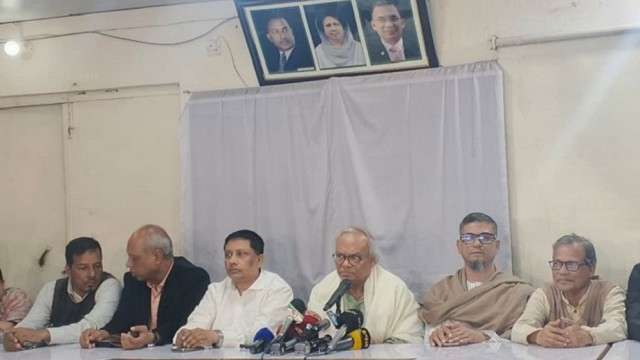


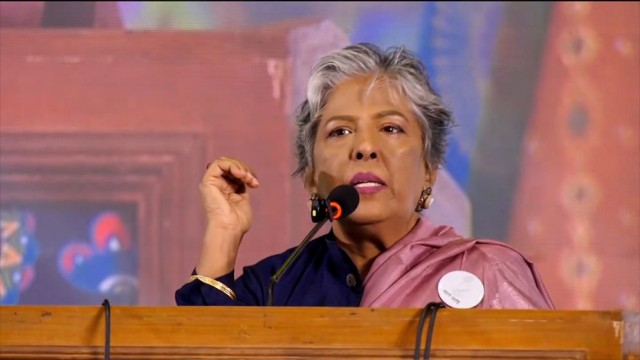


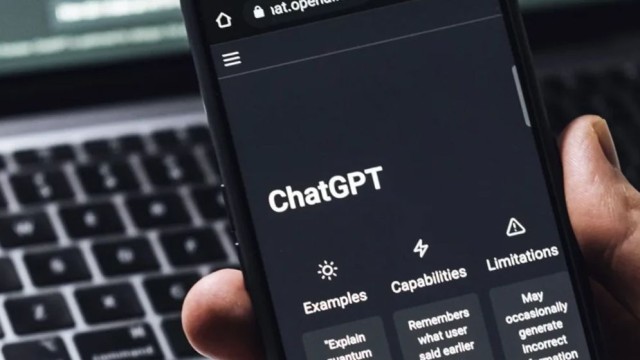




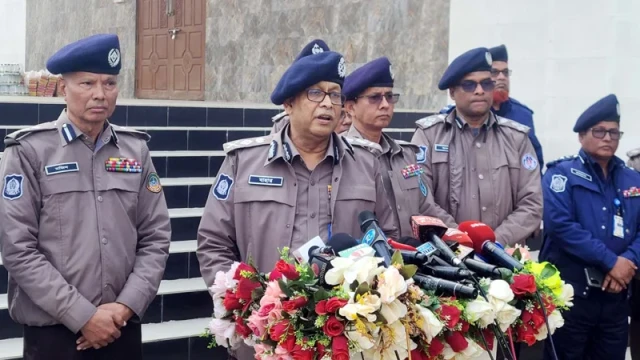
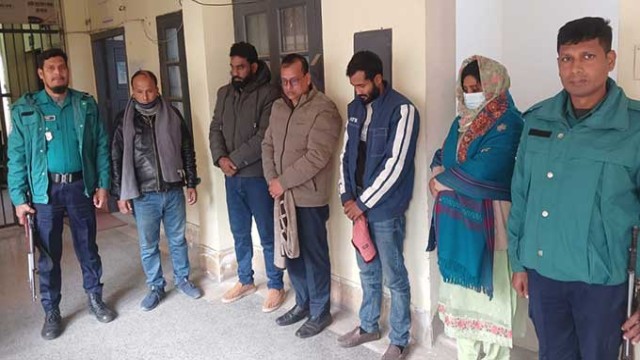





Comment: